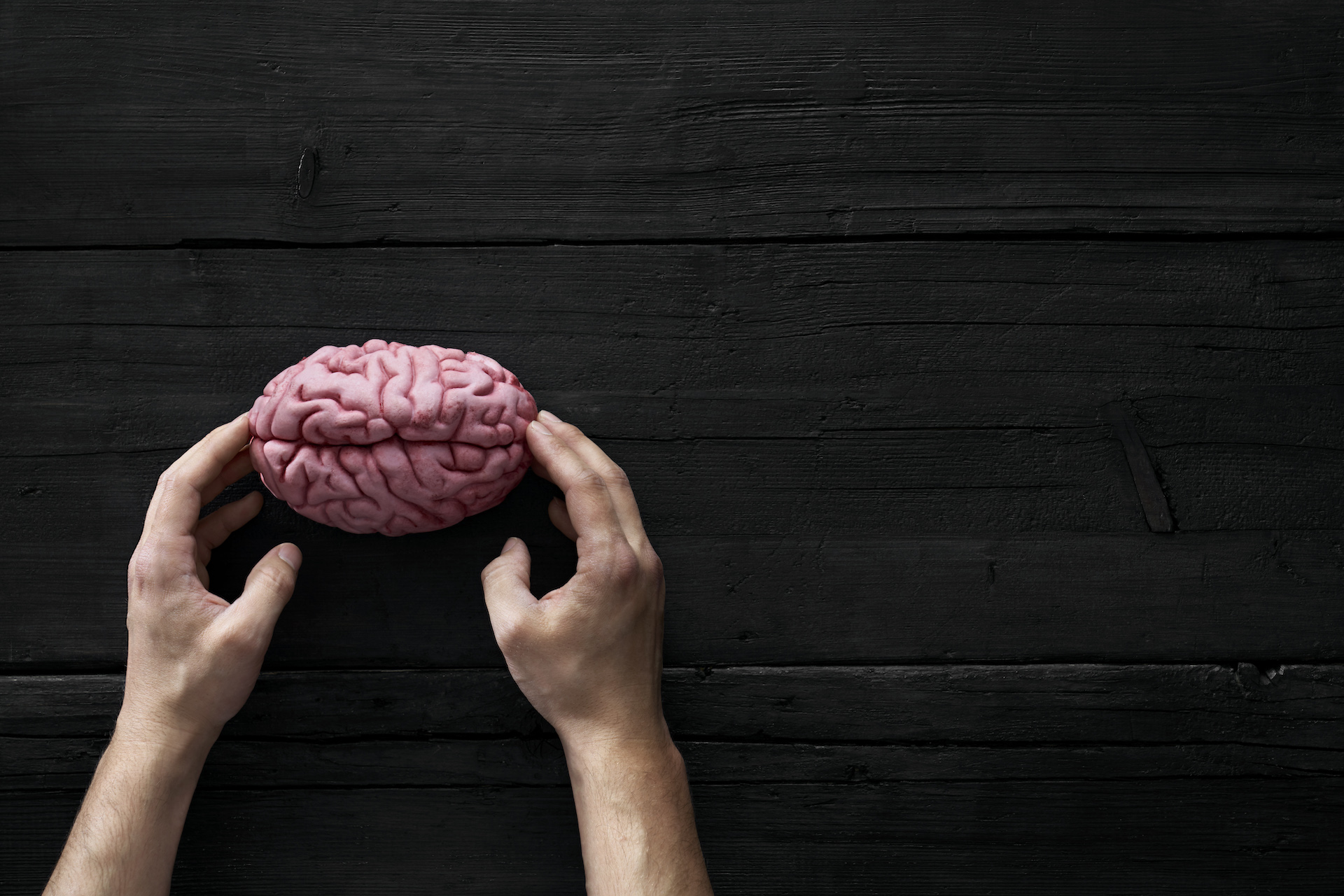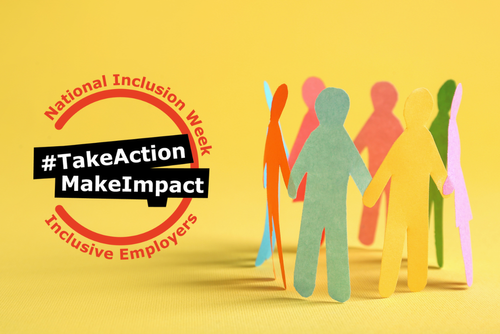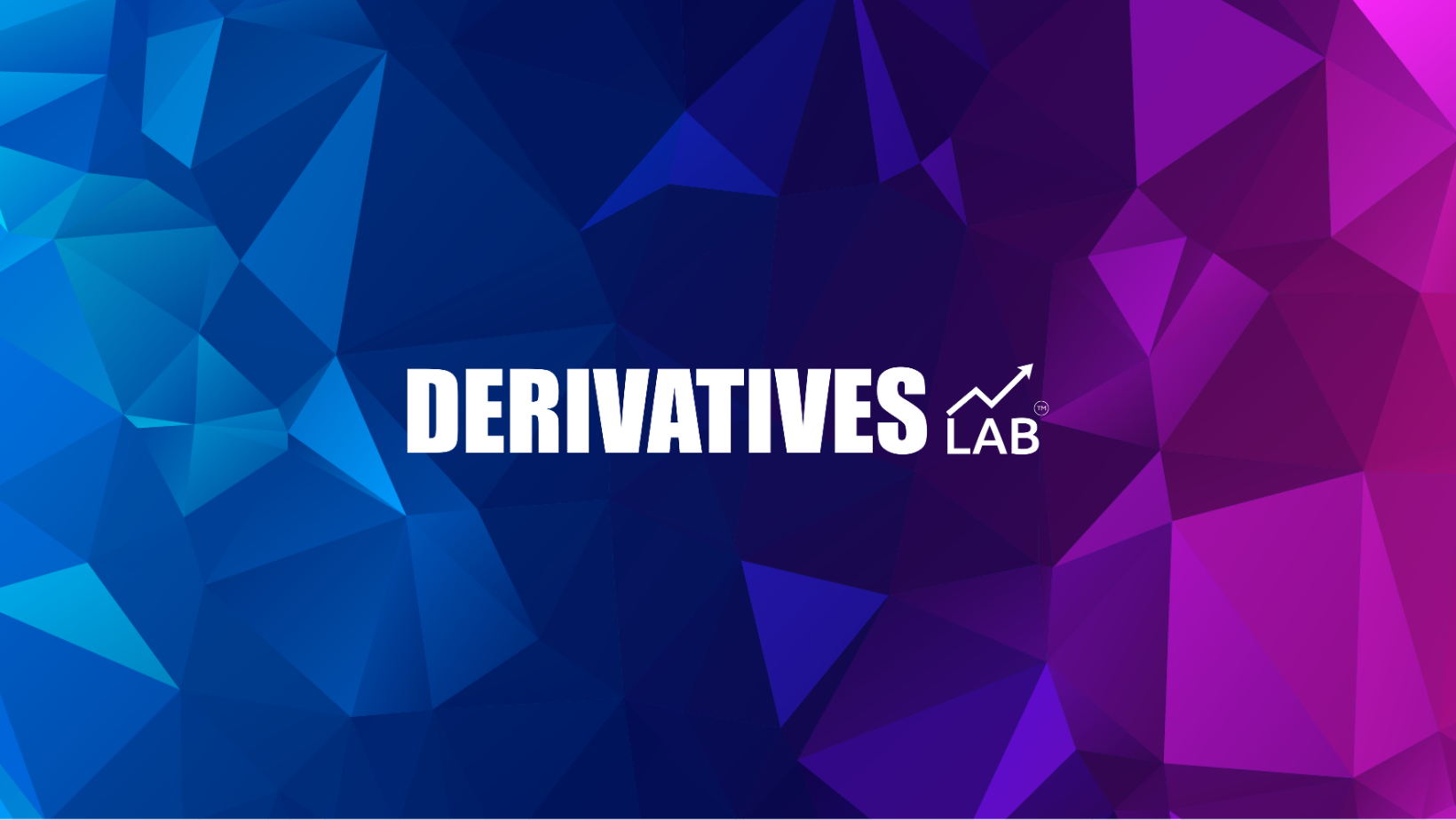By Patent Attorney Andrew Abramson, New Jersey
In an epoch where artificial intelligence (AI) incessantly shatters thresholds and reshapes industries, a paramount query emerges: who lays claim to AI-generated content? The traditional fabric of intellectual property (IP) is encountering a maelstrom as machines engender, innovate, and even simulate human-like artistic manifestations.
The Antiquated Paradigm and Its Constraints Throughout history, copyright statutes have safeguarded the rights of human originators. Whether a tome, a canvas, or a symphonic opus, these creations are embodiments of human cogitation and sentiment, historically bestowed with legal protection. However, the emergence of AI-generated content obfuscates this panorama. Machines lack emotions or intentions, thereby vexing the attribution of ownership to their creations.
Contemporary Legal Stance Virtually all jurisdictions worldwide uphold human exertion as a precondition for copyright entitlement. In the United States, the Copyright Office has asserted that works engendered by machines or mere automated processes bereft of human intervention are ineligible for registration. Consequently, the majority of AI-generated content, at present, remains beyond the aegis of copyright safeguards.
The Claimant Conundrum Yet, if not the AI, then who? The architect of the AI software? The operator or wielder of the software? The possessor of the data that nurtured the AI?
A parallel can be drawn to photography. Despite the camera’s role in capturing the image, copyright vests in the photographer, who, through selecting the angle, illumination, and subject, wields authorship. Analogously, proponents from the realm of AI might contend they possess a stake due to their curation of data, parameters, or precise utilization of the tool. Conversely, creators could assert rights grounded in their seminal role in the AI’s genesis.
Pondering Ahead: A Prospective Resolution? A growing assertion advocates the formulation of a novel category of intellectual property designed exclusively for AI-generated content. Much akin to trademarks, patents, and copyrights guarding diverse forms of IP, this emergent category could furnish a framework attuned to the singular essence of machine-crafted content.
The introduction of “AI-rights” could surmount these quandaries by delineating unambiguous ownership constructs, whether through conjoint ownership vested in developers and users or a novel variant of delimited rights for AI-sired content.
The Crux of the Matter AI’s involvement in content creation bequeaths both opportunities and conundrums. As AI systems burgeon in capability, the legal framework must metamorphose to ensure an impartial and efficient structure that honours human ingenuity whilst acknowledging the unorthodox contributions of machines. “While the legal framework exhibits gradual adaptability, it must acclimate to navigate these unprecedented AI-linked quandaries.”
Meanwhile, both AI users and creators should remain apprised and proactive, availing legal guidance when utilizing AI for content generation. As we navigate these uncharted waters, it remains pivotal to strike equilibrium that nurtures innovation whilst upholding the rights of all stakeholders involved.






